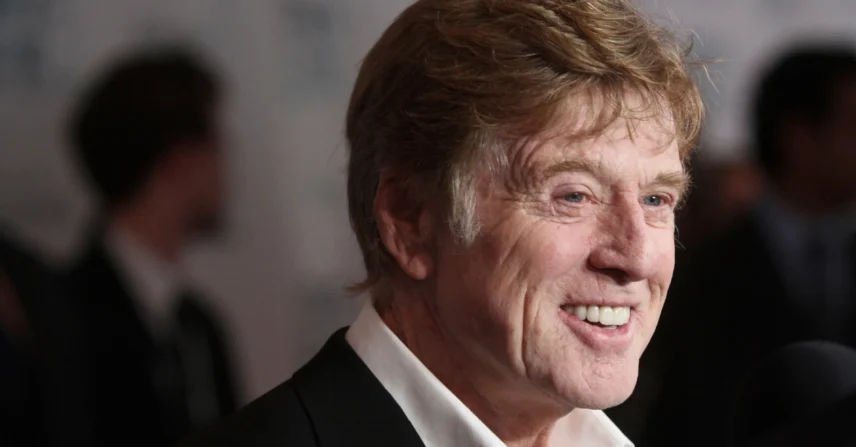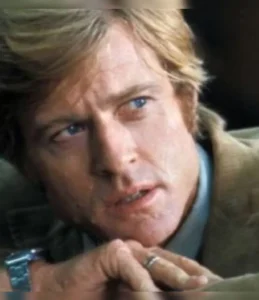
Robert Redford Dies at 89: The Legacy of the Hollywood Icon, from “Butch Cassidy” to Sundance

World cinema lost one of its greatest stars. Robert Redford, the iconic Oscar-winning actor and director, died at 89. The news was confirmed by his publicist, who reported that he passed away peacefully at his home in Utah, surrounded by family. Redford’s passing marks the end of an era, leaving a legacy that transcends the screen and redefines the concept of a complete artist in Hollywood.
More than just a handsome face featured on unforgettable classic posters, Redford was a visionary filmmaker, an engaged activist, and the godfather of independent cinema.
O que este artigo aborda:
- A Brilliant Career in Front of the Camera
- The Genius Behind the Camera: Directing and the Oscar
- More Than an Artist: The Legacy of the Sundance Festival
- The Impact of Sundance
- Activism and Personal Life
A Brilliant Career in Front of the Camera
Since the 1960s, Robert Redford established himself as one of the most charismatic and talented actors of his generation. With a magnetic presence, he starred in films that became pillars of cinema history, cementing his image as a complex and elegant hero.
His partnership with actor Paul Newman is one of Hollywood’s most celebrated collaborations, resulting in timeless masterpieces. His filmography is a true treasure for any cinephile. Among his most notable works are:
- Butch Cassidy (1969): The western that made him a global star alongside Paul Newman.
- The Sting (1973): Another huge hit with Newman, which earned him an Oscar nomination for Best Actor.
- All the President’s Men (1976): A seminal political thriller in which he played journalist Bob Woodward, who investigated the Watergate scandal.
- The Old Man & the Gun (2018): Announced as his farewell to acting, where he delivered a charming and melancholic performance.
The Genius Behind the Camera: Directing and the Oscar
Unsatisfied with just acting, Redford proved his talent as a sensitive and skilled director. His directorial debut, “Ordinary People” (1980), was an absolute triumph, an intense family drama that earned him the Oscar for Best Director, beating names like Martin Scorsese and David Lynch that year.
As a filmmaker, he sought human and complex stories, proving his artistic vision went far beyond his heartthrob persona. In 2002, the Academy honored him again with an Honorary Oscar for his immense contribution to cinema.
More Than an Artist: The Legacy of the Sundance Festival
Perhaps Robert Redford’s greatest legacy to cinema is not a specific film, but an institution. Disillusioned with the major studio system, he founded the Sundance Institute in Utah. The goal was to create a space to support and nurture independent filmmakers with original voices.
This institute gave rise to the Sundance Film Festival, which today is simply the most important independent film festival in the world.
The Impact of Sundance
The festival was the launching platform for countless directors now acclaimed, such as Quentin Tarantino (“Reservoir Dogs”), Paul Thomas Anderson (“Boogie Nights”), and the Coen brothers (“Blood Simple”). In doing so, Redford not only changed careers, he changed cinema itself, ensuring that diverse and bold stories had the chance to be told.
Activism and Personal Life
Away from the spotlight, Redford was a passionate environmental activist and preferred a reclusive life at his ranch in Utah. He used his fame to advocate ecological causes long before it became common among celebrities, showing a genuine commitment to the planet.
His last screen appearance was a cameo in “Avengers: Endgame” (2019), connecting his legendary figure to one of the biggest franchises in current pop culture.

